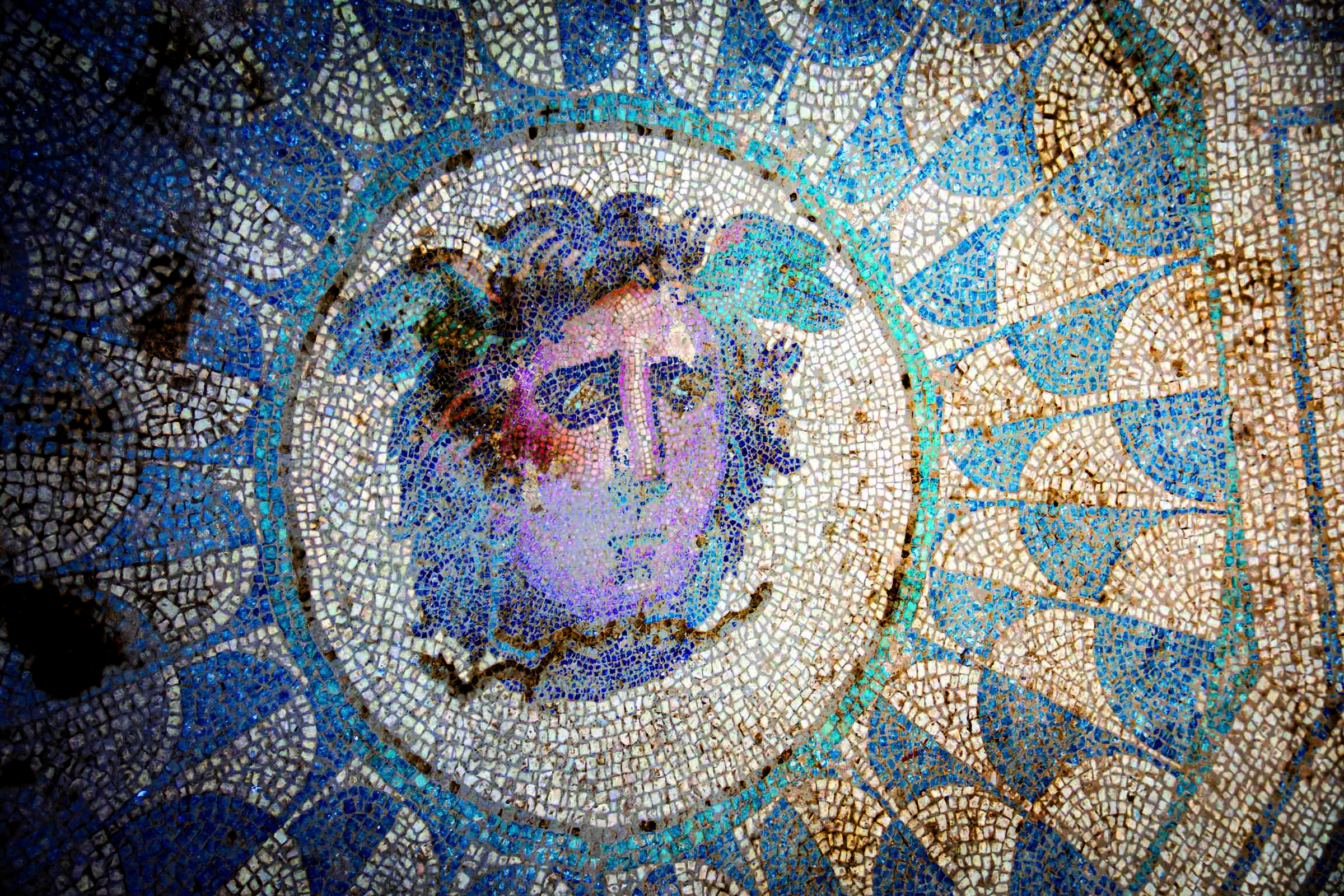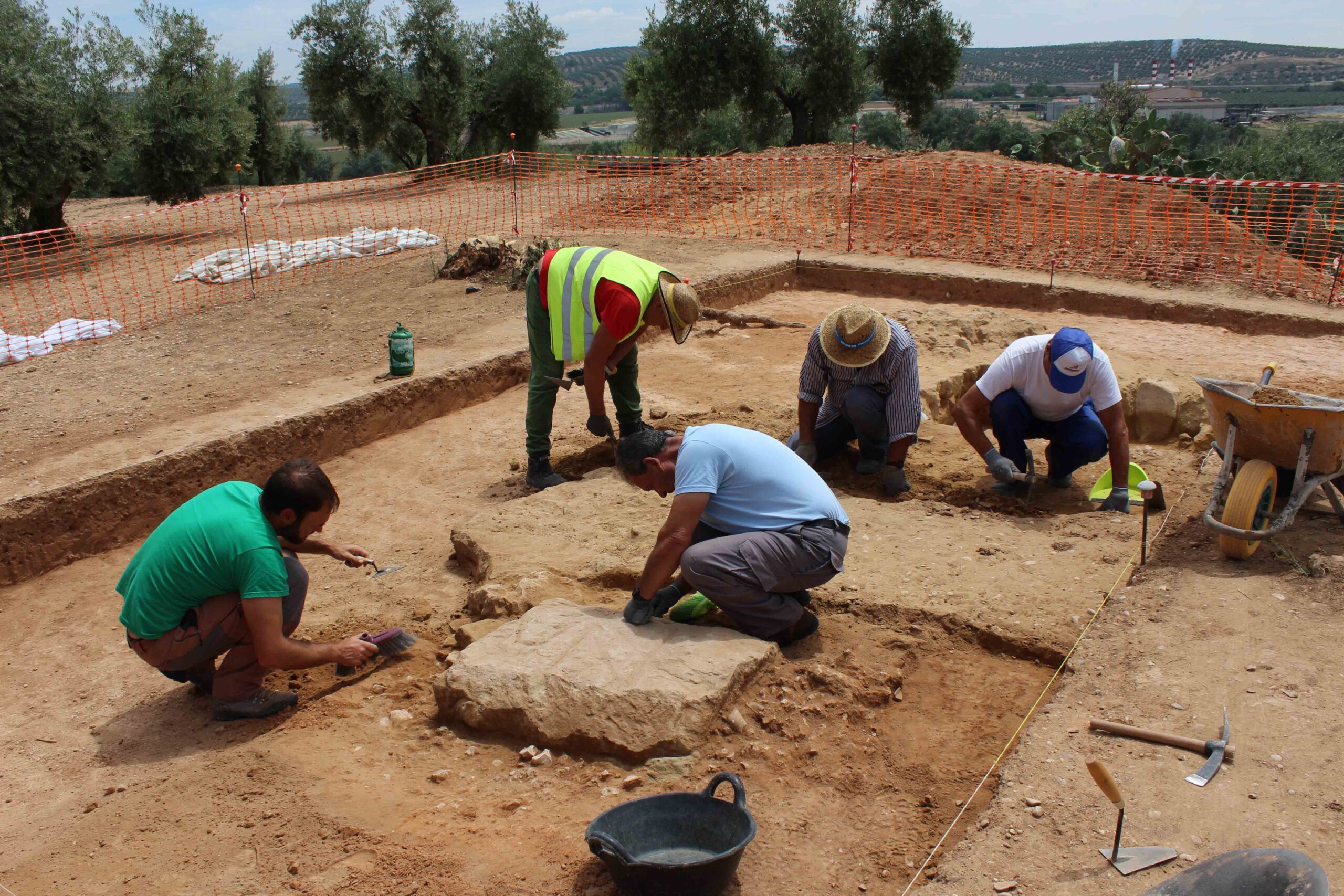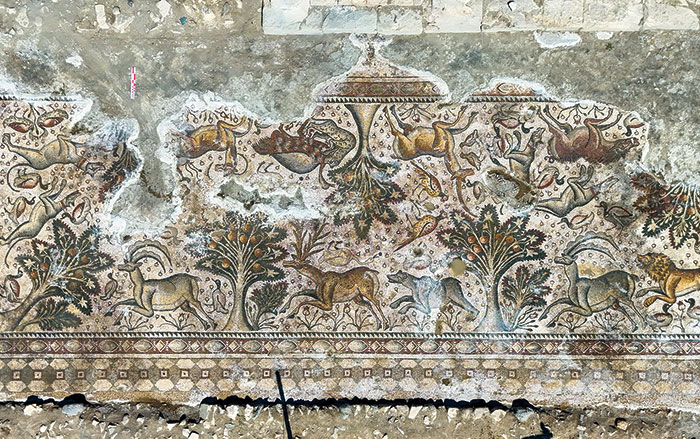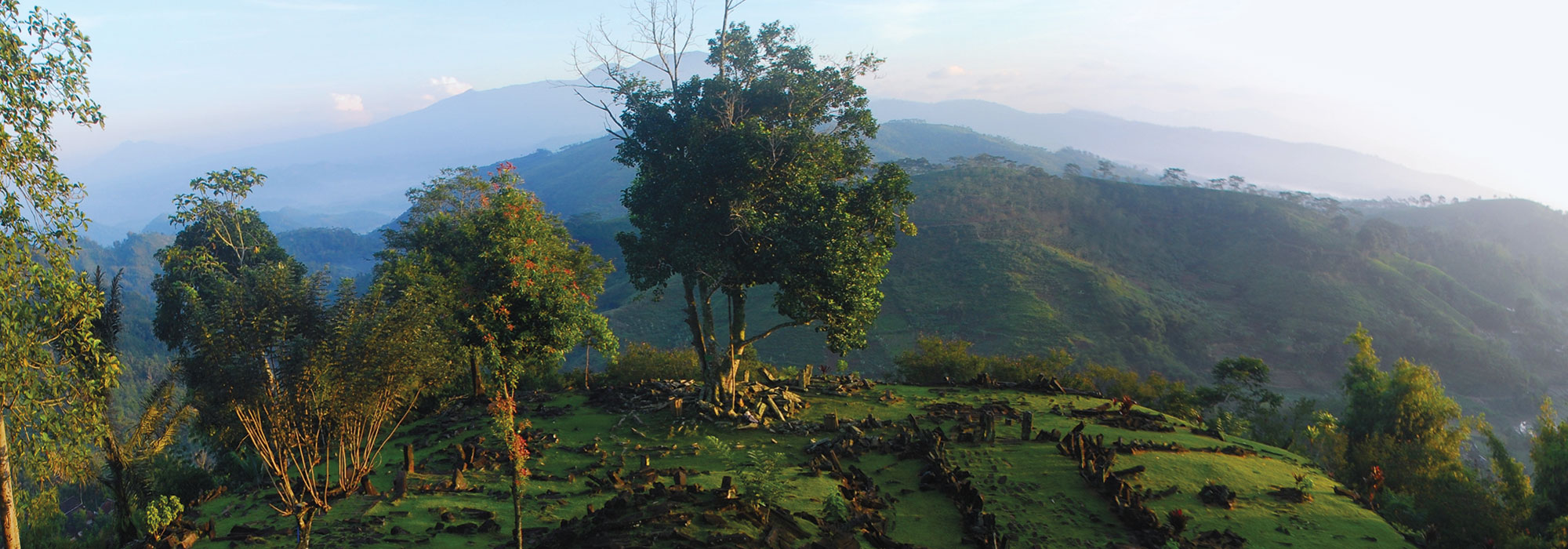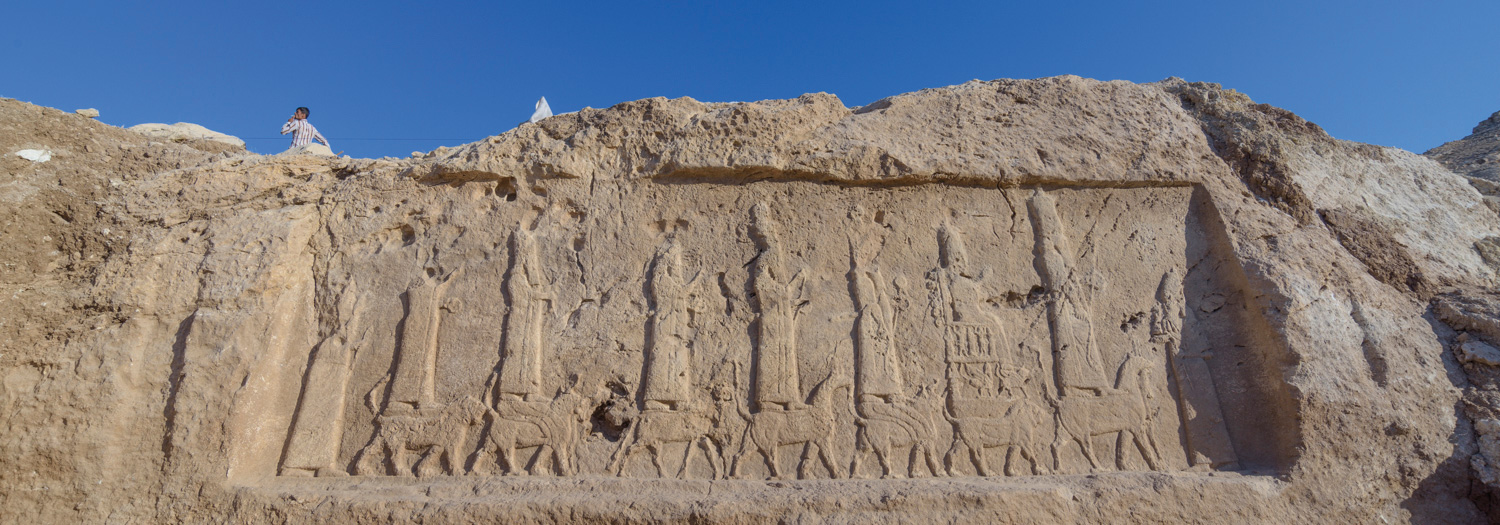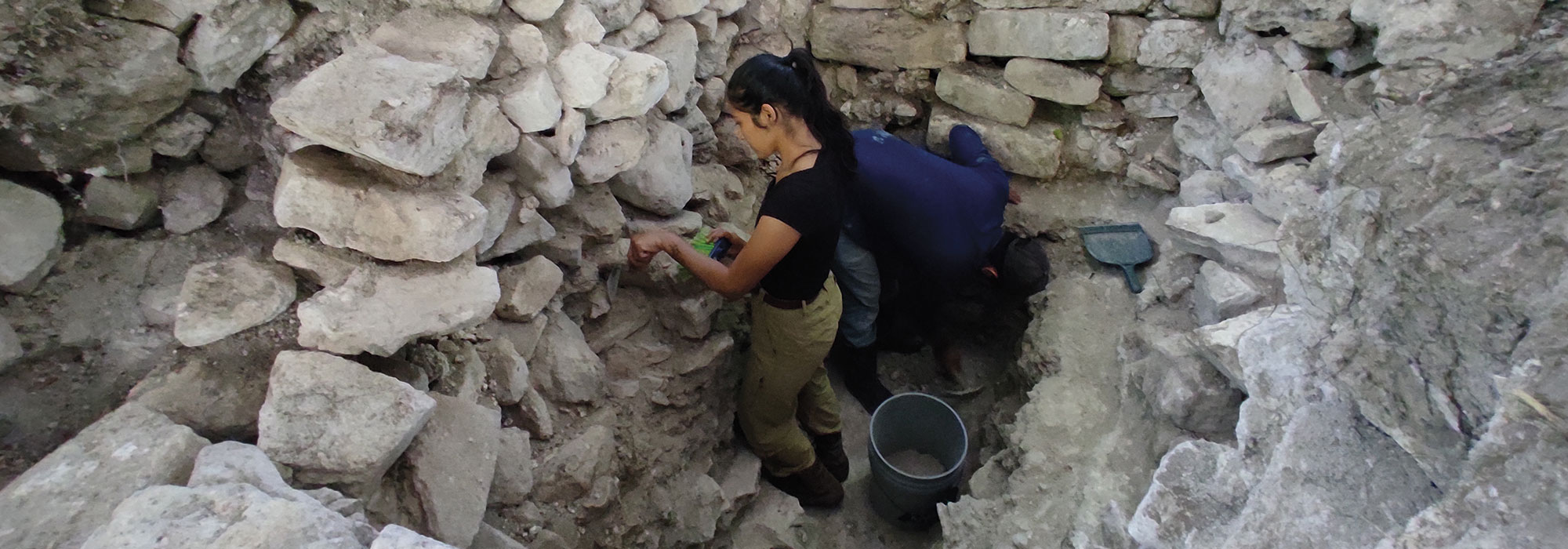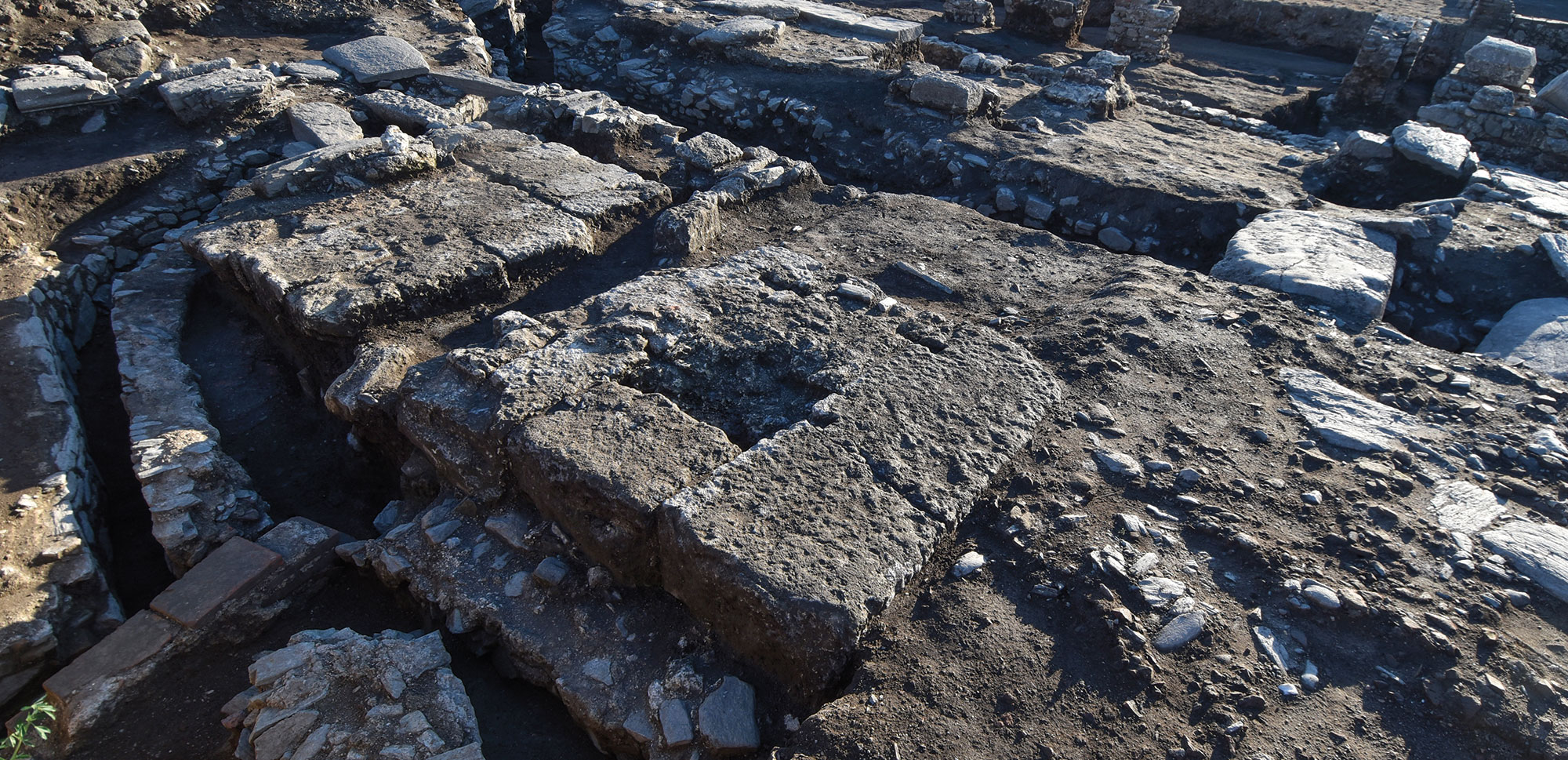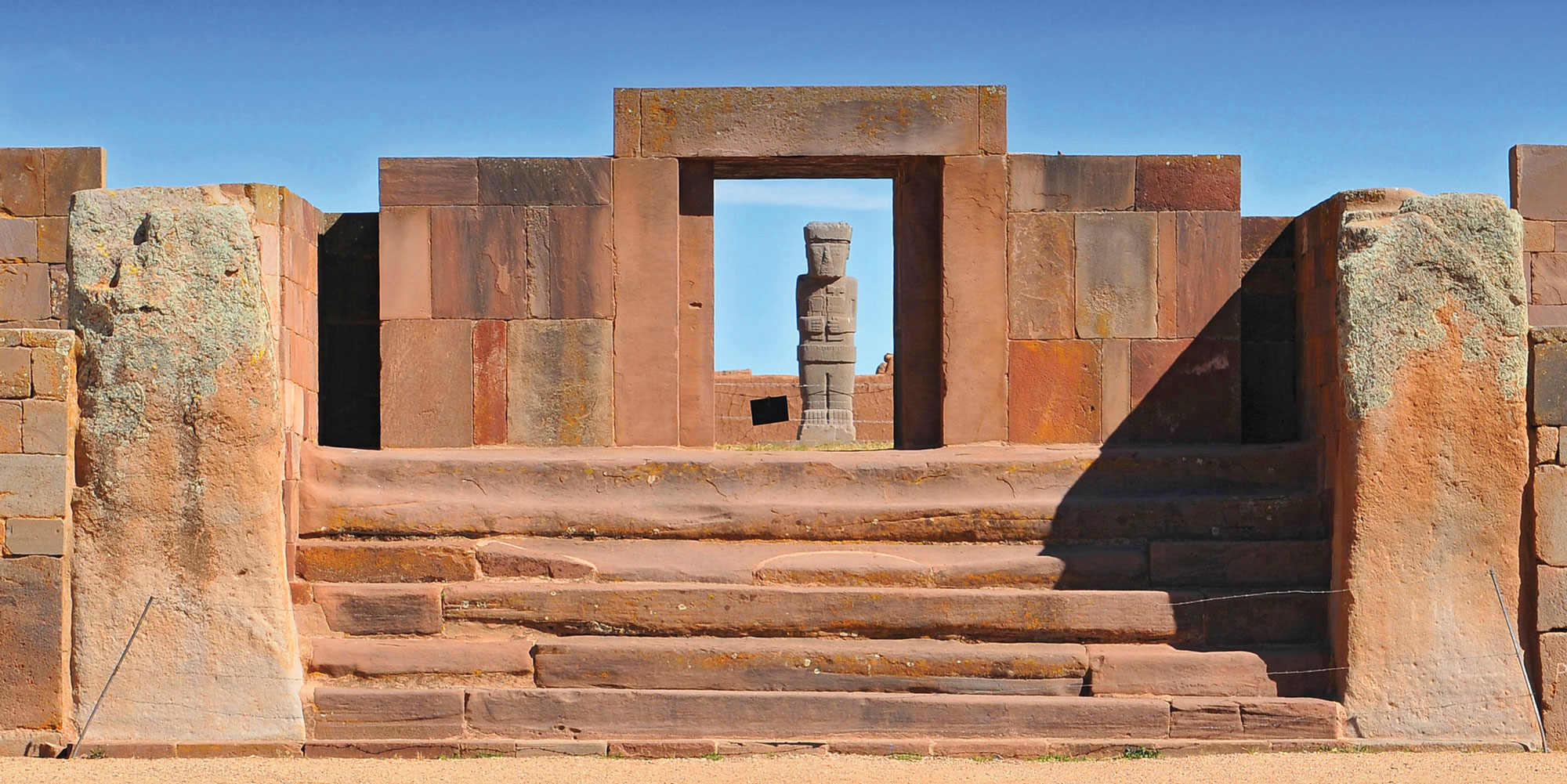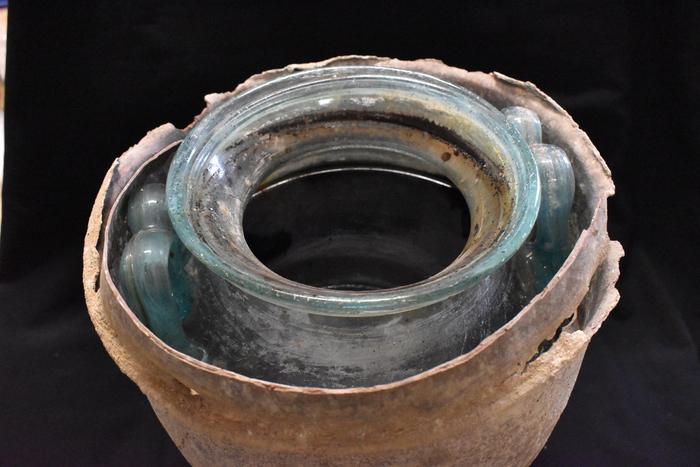
CORDOBA, SPAIN—According to a statement released by the University of Córdoba, white wine has been identified among the contents of an intact, circular Roman mausoleum in southern Spain by José Rafael Ruiz Arrebola of the University of Cordoba and his colleagues. Discovered in 2019, the 2,000-year-old tomb held the remains of two named men, Hispana and Senicio, and two men and two women who were unnamed. The skeletal remains of one of the men had been placed in a glass funerary urn, which was then filled with a liquid that now appears red. Arrebola and his team analyzed the liquid’s pH, organic matter, and mineral salts, and screened it for any chemical compounds that might have originated from the glass container or the human bones. The researchers then compared the results with modern Montilla-Moriles, Jerez, and Sanlúcar wines, and found polyphenols in the ancient liquid that were also present in the modern wines. The lack of syringic acid suggests that the wine was white, although the acid may have degraded over time, Arrebola explained. The mineral salts in the ancient wine, however, are consistent with those found in white wines produced in the region, especially the Montilla-Moriles wines, he added. Read the original scholarly article about this research in Journal of Archaeological Science: Reports. For more on ancient spirits, go to "Alcohol Through the Ages."


